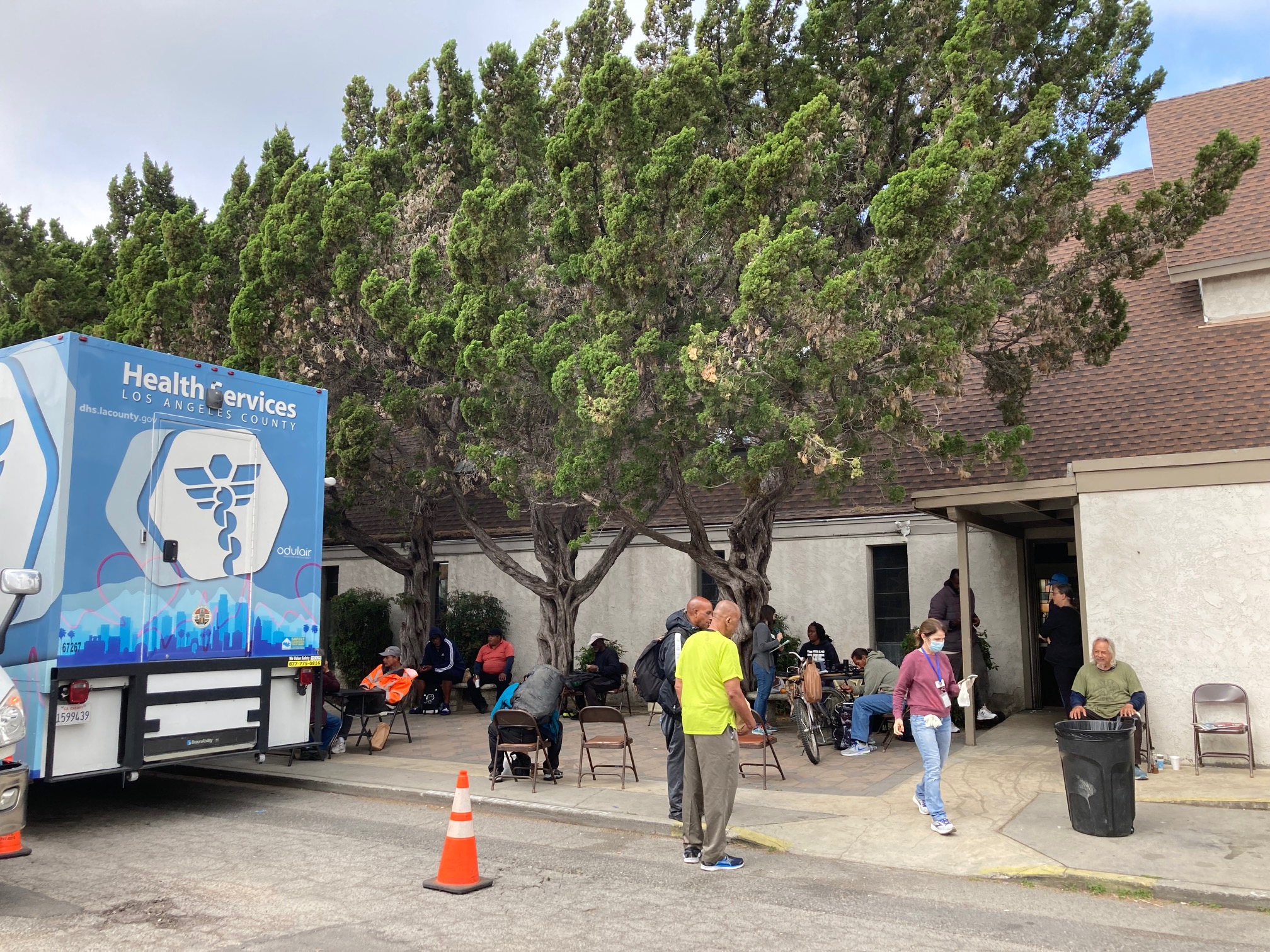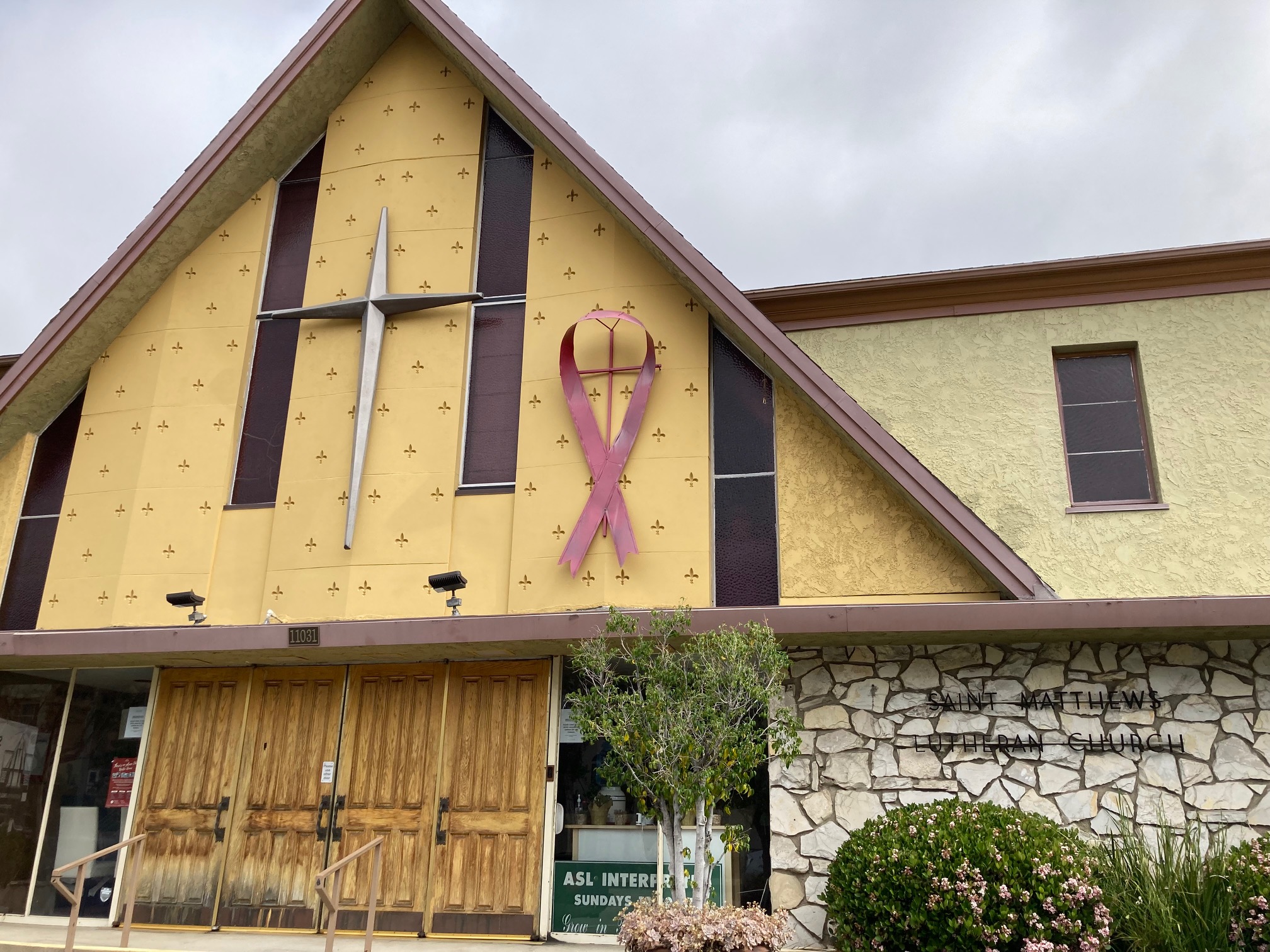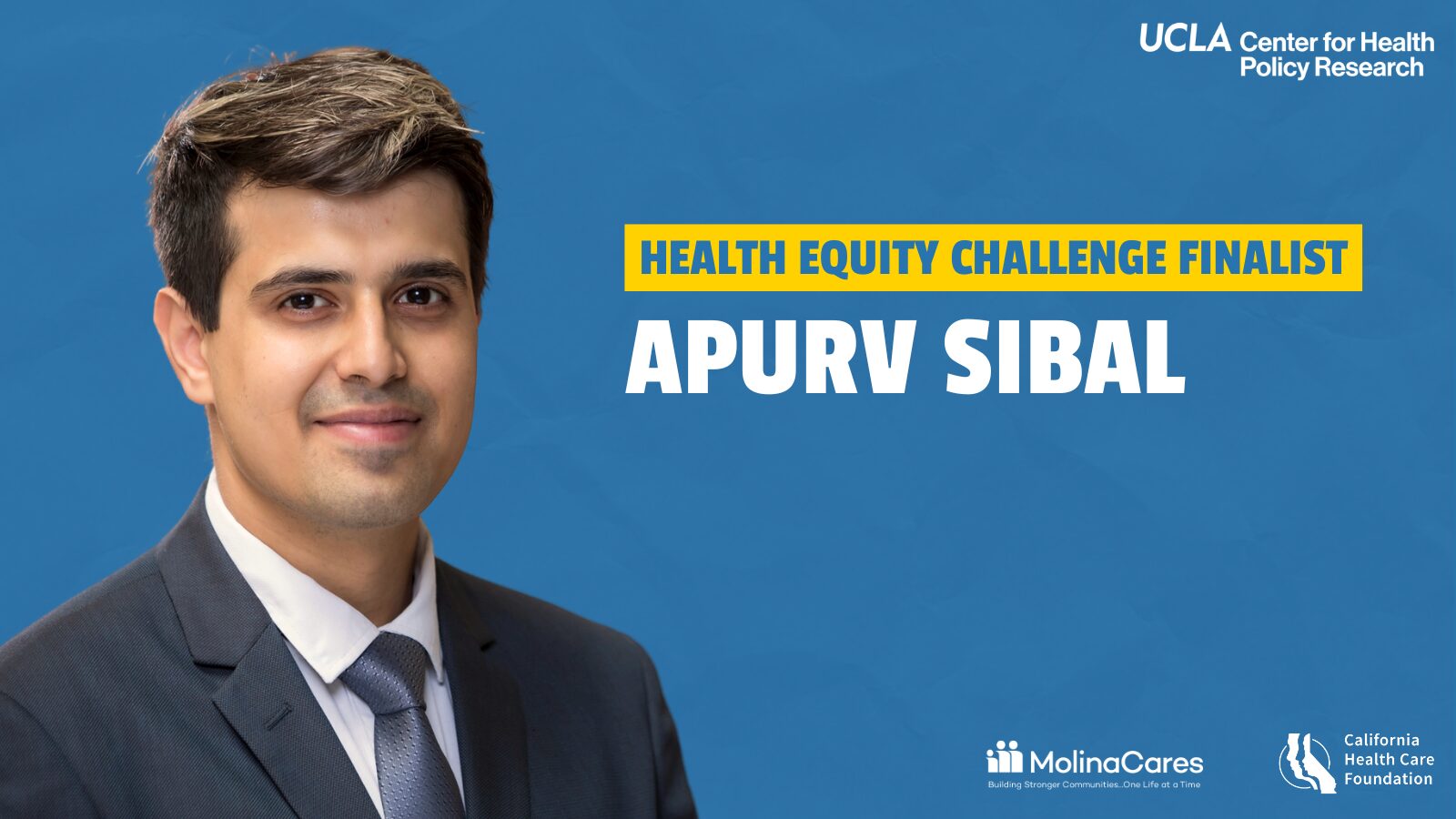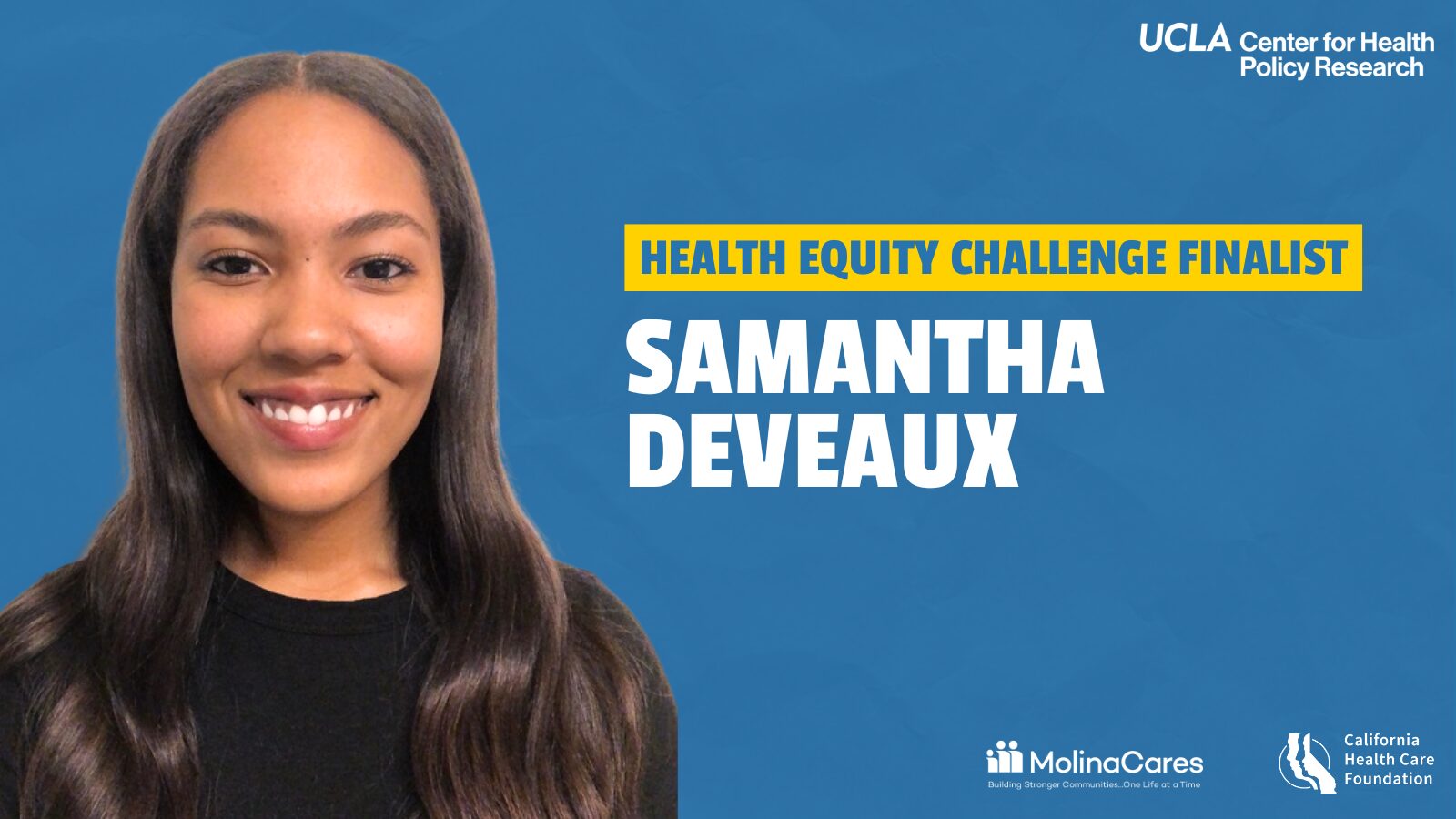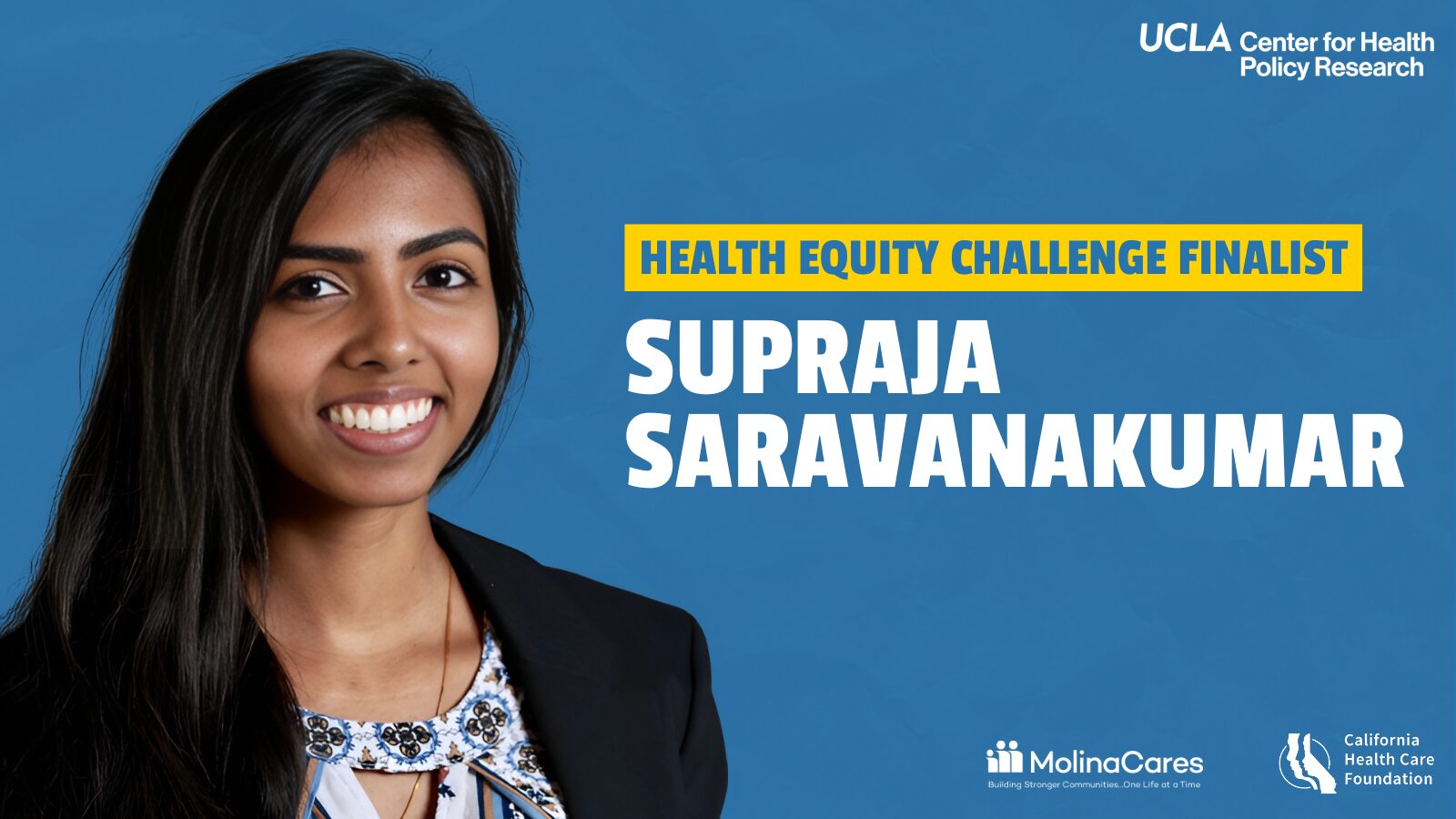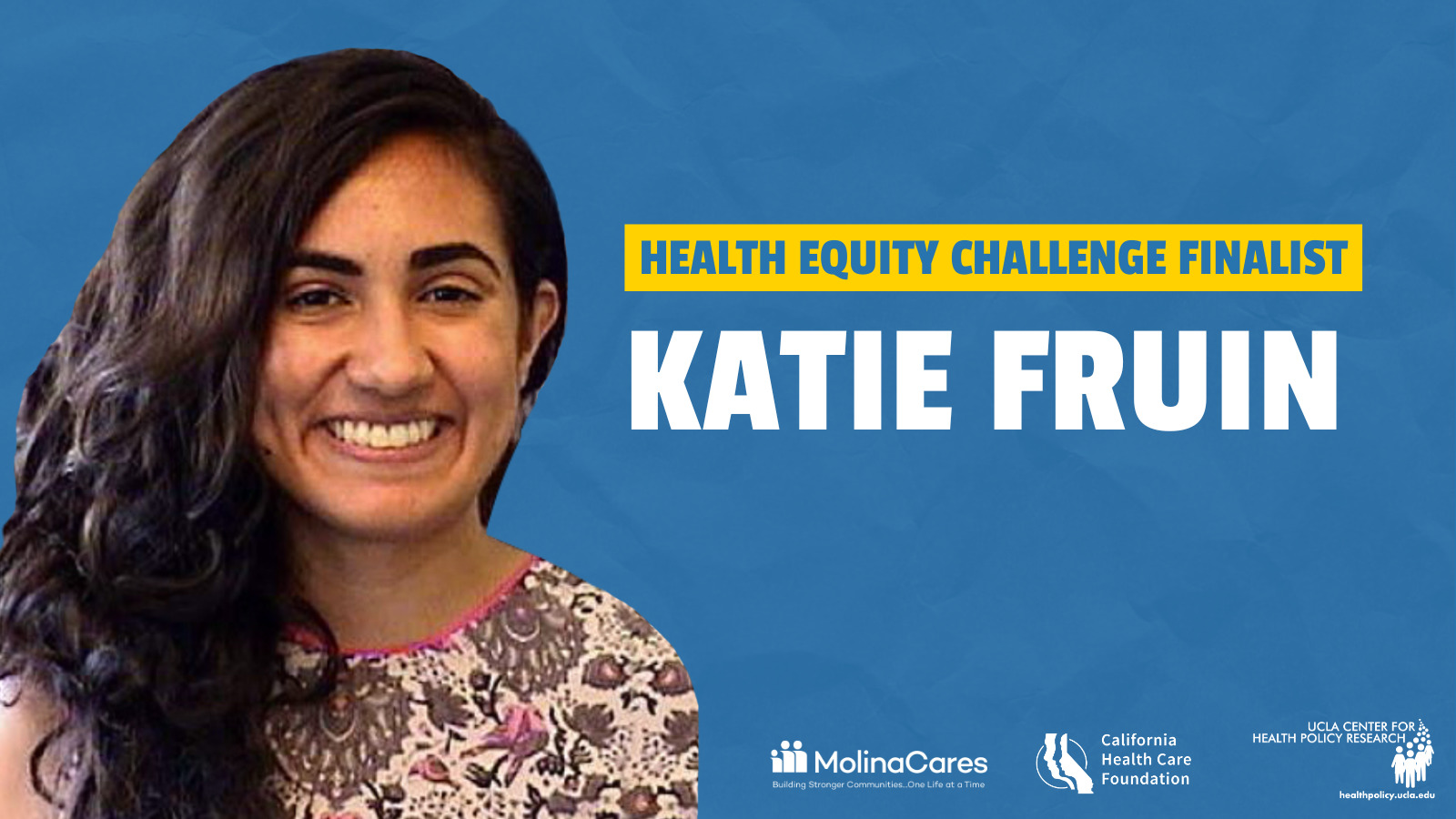
“Only by restoring the broken connections can we be healed. Connection is health. And what our society does its best to disguise from us is how ordinary, how commonly attainable, health is. We lose our health — and create profitable diseases and dependencies — by failing to see the direct connections between living and eating, eating and working, working and loving.”— Wendell Berry
The sweetest strawberries I have ever eaten were from my grandma’s garden. Ruby-like treasures sparkling in the sunlight, my grandma’s strawberries were smaller than any I had ever seen at the grocery store with the larger-than-life flavor you can only taste when they are plucked fresh from the farm. Years before I had ever heard the term “farm-to-table,” I had lived the joy of picking fruit on our family’s farm and witnessing the smiles spread across our neighbors’ faces when we shared our bounty.
In the 1870s, my family emigrated from Ireland to the United States in hopes of striking gold in California. However, by the time they had reached Illinois, they ran out of money. Forced to settle down, they struck a different type of gold — corn. Using their farming knowledge from Ireland, my family began cultivating fields of golden cobs, spinning their adversity into a small business that kept our family fed, clothed, and sheltered for generations.
The history of agriculture in the United States is a less sweet tale. Starting with Native Americans being forced off their land and the subsequent forced labor of slaves to power America’s early agrarian economy, racial injustice is deeply intertwined with food production in the United States. After the Civil War, General Sherman’s Special Field Order 15 that specified that 400,000 acres of confiscated Confederate land be divided among freed slaves, up to 40 acres per family, was quickly rescinded by Andrew Johnson upon Abraham Lincoln’s assassination. Unequal investment between white-owned and Black-owned farms has contributed to a decline in Black owned-farms with just 1.4% of farmers identifying as Black or mixed raced compared with about 14% 100 years ago. Black or mixed farmers represent less than 0.5% of total US farm sales. There is also a dearth of Latinx-owned farms in the United States, representing 3.2% of total farms and 2.2% of total US farm sales. Black and Latinx farmers continue to face challenges to growing their market share including hindered access to credit and business services.
Enter our team’s Health Equity Challenge proposal. I initially partnered with No Us Without You (NUWY) — an incredible nonprofit providing nutritious food to the families of undocumented hospitality workers — on a financial health intervention. However, with COVID-19 Emergency SNAP benefits ending, NUWY’s leadership decided our energy needed to be invested in sustainable fundraising mechanisms to support their core mission. Their research landed on creating a hydroponic farm and selling harvested produce to fundraise for NUWY.
Using my initial Health Equity Challenge stipend, I helped NUWY purchase a hydroponic tower and seedlings to test the return on investment of their hydroponic farm. Hydroponics is the technique of growing plants using a water-based nutrient solution rather than soil, which lends itself to indoor urban agriculture projects. Hydroponics is a type of vertical farming, where crops are grown on top of each other, rather than in traditional, horizontal rows, resulting in a higher crop yield per square foot of land. Vertical farming and agriculture technology (agtech) have received massive amounts of venture capital in recent years, fueled by concerns regarding the unsustainability of current agriculture processes, consumer demand for local produce, and advancements in the technologies needed to power successful indoor agriculture operations.
“Unequal investment between white-owned and Black-owned farms has contributed to a decline in Black owned-farms with just 1.4% of farmers identifying as Black or mixed raced compared with about 14% 100 years ago. Black or mixed farmers represent less than 0.5% of total US farm sales. There is also a dearth of Latinx-owned farms in the United States, representing 3.2% of total farms and 2.2% of total US farm sales. Black and Latinx farmers continue to face challenges to growing their market share including hindered access to credit and business services.”
My mentor back home in Chicago, Dr. Wayne Detmer, was instrumental in founding a similar concept, an aquaponics farm called the Farm on Ogden in Chicago’s North Lawndale neighborhood. The Farm has created job opportunities that enabled its partner organization Windy City Harvest to grow its job training program which employs formerly incarcerated individuals from 250 to 350 people per year, while also powering VeggieRx, a program that enables partner organization Lawndale Christian Health Center to “prescribe” boxes of fresh produce to 400 families. Dr. Detmer told me a Los Angeles-based organization Homeboy Industries had come by the Farm to learn about its operations because they were trying to deploy a similar concept in Los Angeles.
I reached out to Homeboy and it turned out that they were in the planning process of creating a similar hydroponic farm model with a job training component and all produce to be donated to their community members, formerly gang-involved and previously incarcerated individuals. They told me how they needed to raise $50,000 to build out the farm and test out their training curriculum with their first two employees. After NUWY budgeted their hydroponic project to cost about $12,000, I committed to help them with fundraising efforts to complete their hydroponic farm, and transitioned partners for the Health Equity Challenge to work with Homeboy to help them launch their hydroponic farm.
With their pilot hydroponic farm, Homeboy aims to implement a hydroponic farming curriculum developed by their Agriculture Manager, Adrienne Wilson, a professional with five years of hydroponic farming experience. Two Homeboy clients who have completed Homeboy’s flagship job training and rehabilitation program will engage in a 12-week training program at the pilot farm and upon completion of the program, they will become the instructors for the next cohort of trainees. All produce harvested will be shared at Homeboy’s bi-weekly food giveaway. Homeboy plans to use the pilot as a proof-of-concept to fundraise for a full-scale 50,000 ft2 hydroponic farm that will employ 15 trainees.
While vertical farming presents opportunities for job creation and increased access to nutritious produce in Black and Latinx communities, similar issues that face traditional farmers are also encountered in promoting equity in vertical farming. Initial investments in equipment for hydroponic farming and training to optimize harvests are expensive. Since the majority of hydroponic farms are for-profit companies, individuals without connections to agtech can struggle to gain requisite experience and tools to successfully open their own farms. Homeboy representatives were able to travel halfway across the country to learn from nonprofit leaders in vertical agriculture in Chicago, but many nonprofits and communities do not have the resources to do so and miss out on an opportunity to address food insecurity and unemployment in their communities.
Although American food policy has focused on subsidizing rural farmers and the purchase of locally available groceries through SNAP, new food policy subsidizing vertical farms in high-poverty communities could increase access to nutritious foods and employment opportunities. Nonprofit academic medical centers like UCLA could also support the operations of vertical farming in high-poverty communities by purchasing local produce from nonprofit vertical farms, as Cleveland Clinic has already done in its neighboring communities.
If our team is funded, the Health Equity Challenge Award will enable Homeboy Industries to launch their Hydroponic Pilot Farm! The funds will be used to purchase a second hydroponic tower to double the pilot farm’s production capacity, hire its first two trainees, distribute produce harvested to community members, introduce youth in their programs to hydroponic farming technology, and create a toolkit to disseminate lessons learned publicly as well as through their Global Homeboy Network, a network of hundreds of nonprofits serving formerly gang-involved and previously incarcerated individuals. We will fund continued operations of the farm through sales of a cookbook we are releasing this fall highlighting recipes centered on ingredients from the farm.
The investment in Homeboy Agriculture will be a critical pilot to test the viability of hydroponic farming to address unemployment and food insecurity within a nonprofit serving predominantly Black and Latinx community members. Just as the Farm on Ogden has been a model to Homeboy, Homeboy Agriculture hopes to serve as a model for organizations globally working to ensure the employment and nutrition of individuals marginalized by traditional agricultural practices. As vertical farming gains an increasing market share, investments in Homeboy and other community-based vertical farming operations will help high-poverty, nutrition-insecure communities be competitive in securing their own local market share and positioning themselves to be purveyors of high-quality produce and jobs within their own communities.
I am so grateful for the opportunity through the Health Equity Challenge to learn from the incredible passion and ingenuity of Othón Nolasco and Damián Diaz of No Us Without You, Adrienne Wilson from Homeboy Industries, Dr. Wayne Detmer from Lawndale Christian Health Center, and Dr. Liz Tung from the University of Chicago about their work with the Farm on Ogden, Dr. Tony Kuo and Dr. Julia Caldwell from the Los Angeles Department of Public Health, and my mentor Dr. Alice Kuo.
Thank you to the UCLA Center for Health Policy Research, The MolinaCares Accord, and the California Health Care Foundation for the support, training, and feedback to prepare our Health Equity Challenge proposal. We hope you join Homeboy Industries, the “Department of Connections,” in addressing unemployment and food insecurity among formerly gang-involved and previously incarcerated individuals through the Homeboy Hydroponic Pilot Farm.

By Katie Fruin
2023 Health Equity Challenge Finalist
Dr. Katie Fruin is an internal medicine resident at UCLA within the VA/Santa Monica Primary Care Track. Her family’s experiences as refugees instilled in her a passion for addressing the health needs of vulnerable populations. Dr. Fruin provides primary care to veterans experiencing homelessness at the West Los Angeles VA Medical Center, inpatient care to residents of the San Fernando Valley at Olive View Medical Center, and Angelenos from across the county seeking quaternary care at UCLA Ronald Reagan and Santa Monica hospitals.
continue reading
Related Posts
As many as 50% of blind high school students drop out of high school and COVID only exacerbated this problem.
Coming from a low-income community of color, I personally witnessed how generations of systemic racism and economic corruption have led to a powerful mistrust in the health care system.
Postpartum depression (PPD) is a silent struggle for many new mothers, but for South Asian women, cultural stigmas and generational pressures often exacerbate this already challenging condition. As a woman of color and a first-generation college graduate, I have walked a path shaped by the nuances of both my cultural heritage and my academic pursuits.


